Lightning in the Wild

Hunkered against a block of granite with the sky rent by thunderbolts, my wife, Diana, suggests I have insufficient regard for lightning.
Wiping the rain from my glasses, I say, “I sure do today.” “
What about the time you didn’t want to leave that stream as a storm bore down on us?” “Hey, the trout were rising to a thick hatch of mayflies! Besides, it really depends on geography,” I respond.
Here, near the summit of Prospector Peak, one of many 10,000-foot peaks in the Tobacco Root Range, I understand the angst in her voice. I’ve shared Diana’s queasy feelings when the sky turns greenish black and snuffs out the sun. From years of mountaineering and rock climbing, I’ve gained respect for storms on mountaintops that I obviously don’t possess in the lowlands. I think the difference comes from a history of close calls at altitude.
One unsettling episode was in the high country of Wyoming on an exposed ridge (not unlike this one where Diana and I are pinned). I had hiked to the top of an alpine ridge where I’d spotted some elk the previous day. I wanted to observe the bunch of cows and calves. After cresting the ridge, I crept down the other side until I spied them in a glade below. Several cows were bedded in dappled sunlight beneath a scatter of conifers. Others casually cropped sprouting delicacies while their calves frolicked nearby. Some calves sprinted and dodged haphazardly as though afterburners had been lit. Two others butted heads in mock combat. Their white spots shone like sun drops on rusty flanks, as they jousted in an emerald meadow.
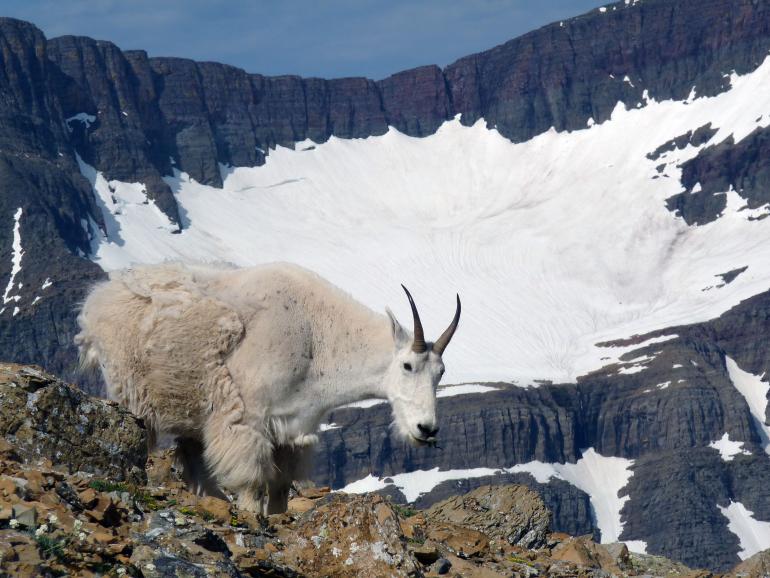
Unnoticed high above, I sat enjoying their playful behavior until a change redirected my attention. Rushing from the Wind River Range’s 12,000-foot peaks to the west, a fierce bank of clouds was swallowing the afternoon sun. Rumbling in the distance was punctuated by a thunderclap much closer. Before tucking the binoculars inside my parka, I glassed the unperturbed elk a final time. Then I made tracks.
As I topped the ridge, the first wind-driven raindrops stung my face. The nearest cover was a huddle of whitebark pines a quarter mile away. I headed for their scant protection.
Lightning streaked and the trailing thunder rapidly closed the gap following each flash. Minutes later my arms were tingling. Pulling up my shirt sleeves, I was alarmed to see the hair twisting into punk spike hairdos. Static electricity engulfed me. A bolt blasted the ridge off to my left and belched an acrid electric smell that seared the mucous membranes of my nose.
Enough! Upright, I was the tallest object on the ridge, though seldom had I felt punier. I sprinted for shelter beside the only boulder within 100 yards.
As quickly as it advanced, the storm bore east. Within fifteen minutes, I was standing in brilliant sunlight, transfixed by a dazzling double rainbow awash in drizzle from a cloudless sky. It was a scene from a fairy tale.
Such moments made me wonder how many of the mountains’ wild residents do electrical discharges occasionally clobber? My time exposed to nature’s ferocity pales compared to the life of a nanny or billy that spends 24/365 on cliffs and soaring ridges. How many goats have suffered deadly blows that go unrecorded by two-legged mountaineers? Such mysteries exemplify how much about life and death in wilderness remains unknown to us.
As Diana and I hunker against this pint-sized boulder, one storm cell after another keeps us pinned for 45 minutes. The clatter of rain pelting our parkas fills each hiatus between clashes of thunder. Even if we dared to move, I see no better shelter across the alpine tundra. Now as much as ever, I’m awed and humbled by its power as the storm’s fury enfolds us.
Just moments before we scrambled to our provisional refuge, I was face down on the mountain as a thunderbolt crashed overhead. Perhaps it’s because of vivid memories of past close calls, or because at the roof of the world lightning just seems nearer. But I know better. It happens still, from time to time, a trigger that’s entrenched from my year in Vietnam. Incoming! Hit the deck!
There was a night in Vietnam when I witnessed a special effects show, not an aerial salvo but a display solely of nature’s doing. It was my turn on watch, three hours listening and watching for Charlie starting at midnight. The other two members of my machine gun team were fast asleep ten feet behind me in our hooch (two drab green ponchos snapped together along one edge supported down the middle by a ridge pole and staked to the ground along two sides. With both ends open, wind-driven rain still soaked three Marines packed like sardines beneath this makeshift shelter).
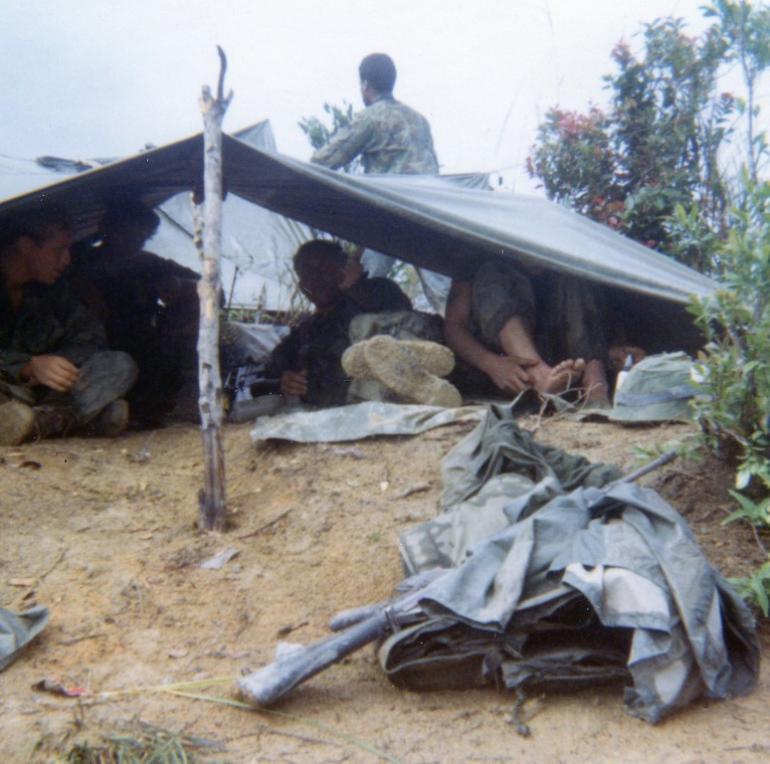
Marines typically had. Of course, its graininess is part of its nostalgia.
I sat on the edge of our thigh-deep foxhole, peering into the night. By moonlight I watched as clouds gathered above a line of hills on the horizon. The air took on a telltale smell. Monkeys chattered somewhere in the jungle. The night’s tranquility was about to end.
During that year in 'Nam, there were plenty of stormy days and nights. But none like this. The mountaintop where Kilo Company, my unit, had dug in for the night was nearly treeless. Artillery shells from an earlier bombardment had seen to that. From my top-row seat in this wildland arena stretched a panoramic view across the rainforest canopy—a welcome reprieve from being enveloped in it. As the clouds charged closer, I expected everything to disappear in wind and rain and blackness. Instead, the cloud - bank, laden with cold moist air, plunged into the valley. Then the fireworks began.
Lightning blasted through the rolling, swirling blackness. Rather than brewing above, the storm boiled at eye level and below me, as if I were watching it from an aircraft. Streak after streak, every few seconds, illuminated the clouds from within. All the while I was washed in moonlight with only shreds of ragged clouds billowing up to obscure its glow. It was an eerie feeling that brought on a touch of vertigo.
Then in an instant, the mass of clouds swept upward like a furious beast. The storm overtook me, my unit, and the mountain. Scurrying figures lit up in blazing flashes clutched their hooches to save them from being sucked skyward like Dorothy and Toto. The next morning, a chopper med-evaced two Marines who’d been partially paralyzed by a lightning strike near our perimeter.
More than five decades later, only the most vivid details from my year in Vietnam do I recall, like that night’s otherworldly thunderstorm. Some of the most poignant images, time has allowed me to block out. But there are others that I hang on to be - cause they buoyed my spirits and reminded me of all the goodness in the world.
One such transcendent moment was a still night when the moon shone through slits in the forest canopy. It was again my turn on watch.
Standing watch could be spooky and tense. Just keeping alert was demanding enough after a long day of ground-pounding with fifteen pounds of gear on my back, twelve more belted around my waist, and a twenty-fivepound machine gun balanced across my shoulder. If intel had reported enemy troop movements in the area, or the night crackled with nameless sounds, it set the nerve end - ings on high alert.
On the flip side, it was the one occasion when I had unin - terrupted time—time to think about home, and those things that mattered most, and what I’d do if I made it out alive. If there was moonlight, I’d sometimes scribble letters to family and friends. That familial connection and quiet introspection helped maintain perspective, and sanity.
That night, somewhere in the middle of Vietnam’s no - where, I was writing to my parents. The full moon seemed so close that with a poke of my pencil, I took a stab at adjusting the old man’s smile. Moonlight was my ally, increasing the chances of spying Charlie’s approach on silent feet. But it also illuminated my silhouette as I sat on the edge of the foxhole with the M60 resting across my lap.
The jungle was soundless. No wind to rustle leaves. No twigs snapping from who knows what. And no birds announcing daybreak at zero-dark-thirty. My mind had drifted to Michigan, and friends, and cars, and college one day in Montana. Then I was snapped back to this foreign and unnerving place.
Somewhere in the jungle I heard it once, and then twice more. A roar. The roar of a tiger announcing his presence to others. His territorial trademark resonated through the jungle and brought to attention the hair on my neck. Then just silence.
I did hear it, I told myself—something I confirmed later with others who’d been on watch at other positions. Nothing else that lived in this jungle could make that sound. That roar was confirmation. This was wild land still alive with fierce wild creatures, despite what years of carpet bombing, napalming, Agent Orange defoliation, and two million American forces had done to diminish that.
That feeling of being immersed in something that’s primordial, enduring, and unrestrained, that’s what captures the imagination of those of us who cannot live without wild places. Like its towering mountains, ancient forests, free-flowing rivers, and solitude, lightning and the call of wild creatures remind us that nature is reluctant to relinquish its rule over wildlands.
Decades later, the jungle has reclaimed the denuded and bomb-cratered landscape. I find humility and comfort in that.
In war-torn Vietnam, the roar of a tiger creased a smile upon my face.
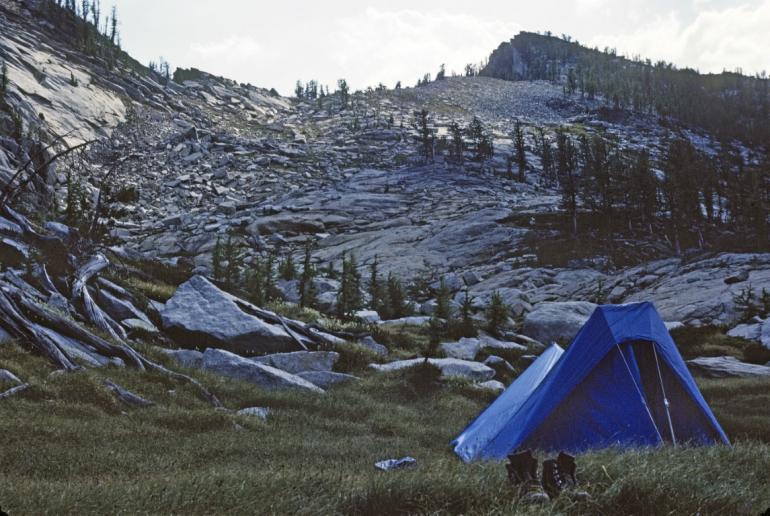
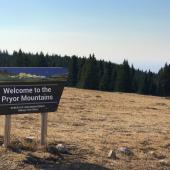
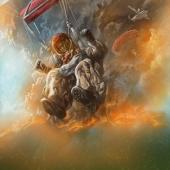





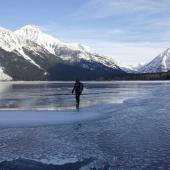
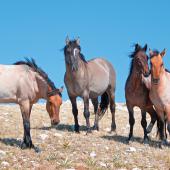

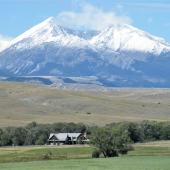
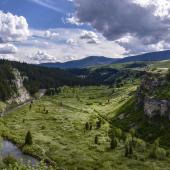
Leave a Comment Here